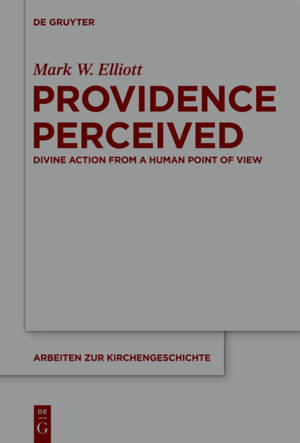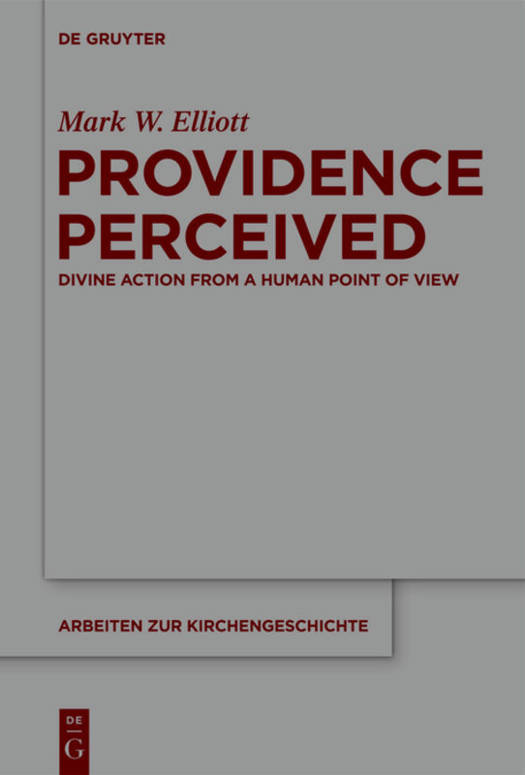
- Retrait gratuit dans votre magasin Club
- 7.000.000 titres dans notre catalogue
- Payer en toute sécurité
- Toujours un magasin près de chez vous
- Retrait gratuit dans votre magasin Club
- 7.000.0000 titres dans notre catalogue
- Payer en toute sécurité
- Toujours un magasin près de chez vous
Description
This book will offer an account not so much of God's Providence an sich, but rather of divine providence as experienced by believers and unbelievers. It will not ask questions about whether and how God knows the future, or how suffering can be accounted for (as is the case in the treatments by William Lane Craig, Richard Swinburne, or J. Sanders), but will focus on prayer and decision-making as a faithful and/or desperate response to the perception of God as having some controlling influence. The following gives an idea of the ground to be covered: The patristic foundations of the Christian view of Providence; The medieval synthesis of 'objective' and 'subjective' views; Reformational and Early Modern: the shift towards piety; Modern Enlightenment: Providence and Ethics; Barth and the Sceptics; The sense of Providence in the Modern Novel and World.
Spécifications
Parties prenantes
- Auteur(s) :
- Editeur:
Contenu
- Nombre de pages :
- 342
- Langue:
- Anglais
- Collection :
- Tome:
- n° 124
Caractéristiques
- EAN:
- 9783110310566
- Date de parution :
- 30-03-15
- Format:
- Livre relié
- Format numérique:
- Genaaid
- Dimensions :
- 156 mm x 234 mm
- Poids :
- 707 g

Les avis
Nous publions uniquement les avis qui respectent les conditions requises. Consultez nos conditions pour les avis.






